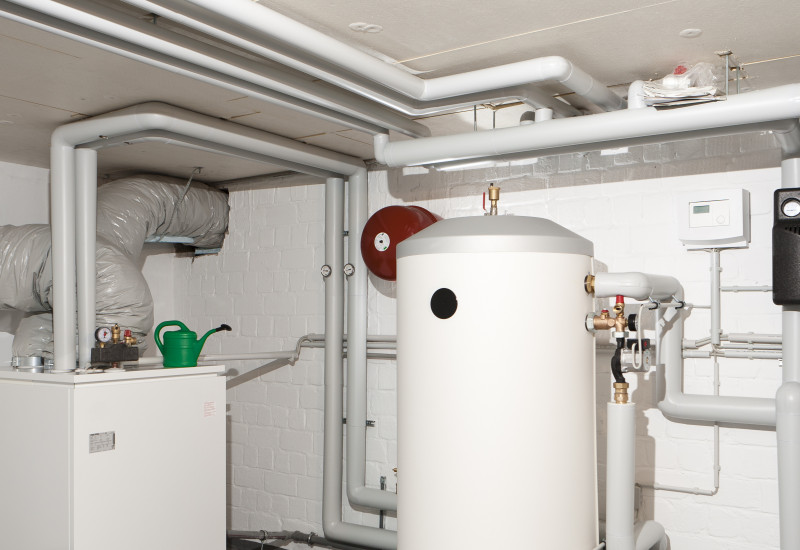GreenMe stands for “Germany – resource efficient and GHG neutral – Material efficiency”. Using GreenEe as a basis, this scenario focuses on technical options to increase materials efficiency across all sectors. read more
Your search for "energy transition" resulted in 252 hits:
Green IT
Digitalisation can help to decrease the demand for energy and raw materials, but it can also add to the burden on the climate and environment. Green IT helps to steer digitalisation to a greener path so that hardware, software, data centres, networks and digital services are energy-efficient and environmentally sustainable. read more
Ventilation to combat "stale" air
The German Energy Saving Ordinance (EnEV) has been in force since 2002, and it requires comprehensive planning and construction measures to significantly reduce the primary energy demand for heating in newly constructed buildings and extensively renovated older buildings. This goal is to be achieved primarily by means of energy-saving heating technology and hot water generation, as well as im... read more
Economy and environment
Our current economic system is undermining our prosperity as it is destroying the natural foundations of our commercial activity. This calls for a transformation to a Green Economy which is in line with nature and the environment. The German Environment Agency (UBA) is working towards the implementation of this guiding principle. read more
Heat pumps
Heat pumps are coming into increasing use for heating of buildings and for hot water production in commercial as well as industrial applications. Heat pumps use natural heat in a very energy-efficient way. read more
Environmental protection and employment
The number of people working in environmental protection has increased steadily in recent years. In 2017, more than 2.8 million people were working in the environmental protection sector. As environmental protection measures often benefit labour-intensive sectors and replace imports with domestic value-added, the net employment effects of environmental protection are often also positive. read more
RESCUE: Methods
The RESCUE study is based on in-house research by the German Environment Agency (UBA) as well as research carried out by external institutions. A central part of this is the following study: „Transformationsprozess zum treibhausgasneutralen und ressourcenschonenden Deutschland“ (FKZ: 3715 41 115 0). For this a combination of five quantitative models was used. read more




